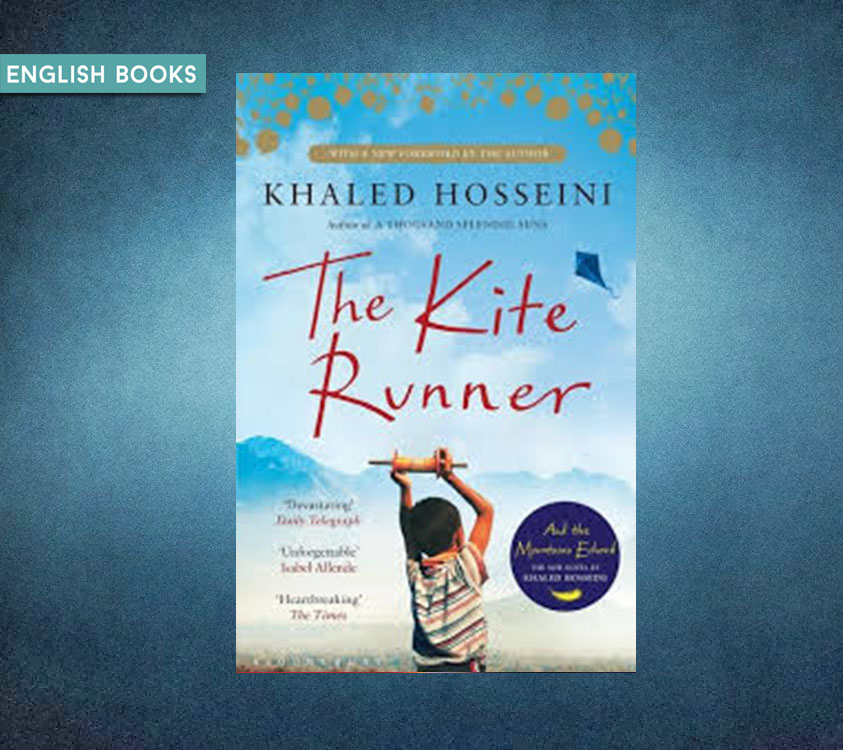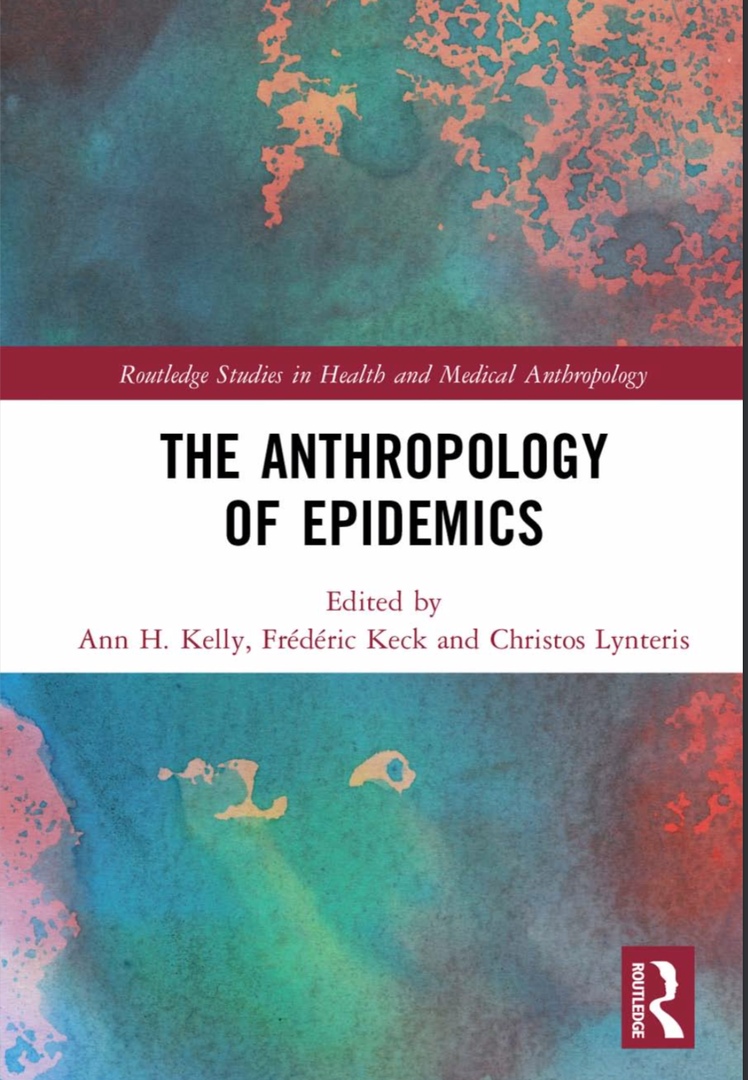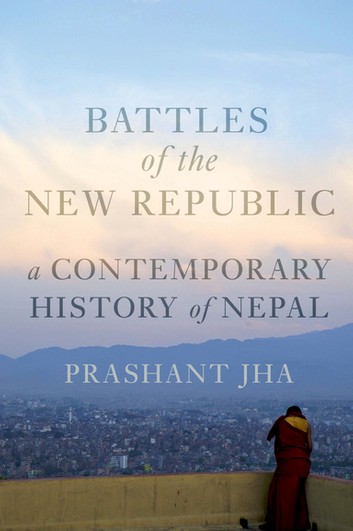Mao: The Man Who Made China
1) Mao: The Man Who Made China – Philip Short
I.B.Tauris | 2017 | PDF
One of the great figures of the twentieth century, Chairman Mao looms irrepressibly over the economic rise of China. Mao Zedong was the leader of a revolution, a communist who lifted hundreds of millions out of poverty, an aggressive and distrustful leader, and a man responsible for more civilian deaths than perhaps any other historical figure. Now, four decades after Mao’s death, acclaimed biographer Philip Short presents a fully updated and revised edition of his ground-breaking and masterly biography. Vivid, uncompromising and unflinching, Short presents in one-volume the man behind the propaganda – his family, his beliefs and his horrors. In doing so he shows us both the human being Mao was, and the monster he became.
2) Zhou Enlai: The Last Perfect Revolutionary – Gao Wenqian
PublicAffairs | 2008 | PDF
When Gao Wenqian first published this groundbreaking, provocative biography in Hong Kong, it was immediately banned in the People’s Republic. Using classified documents spirited out of the China, he offers an objective human portrait of the real Zhou Enlai, the premier of the People’s Republic of China from 1949 until his death in 1976. Often touted as “the last perfect revolutionary,” Zhou is “a modern saint” who offered protection to his people during the Cultural Revolution, and an icon who allows modern Chinese to find an admirable figure in what was a traumatic and bloody era. But his greatest gift was to survive, at almost any price, thanks to his acute understanding of where political power resided at any one time.
3) The Unfinished Revolution: Sun Yat-Sen and the Struggle for Modern China – Tjio Kayloe
Marshall Cavendish International | 2018 | EPUB
The Unfinished Revolution is a superb new biography of Sun Yat-sen, whose life, like the confusion of his time, is not easy to interpret. His political career was marked mostly by setbacks, yet he became a cult figure in China after his death. Today he is the only 20th-century Chinese leader to be widely revered on both sides of the Taiwan Strait. In contrast, many Western historians see little in his ideas or deeds to warrant such high esteem.
This book presents the most balanced account of Sun to date, one that situates him within the historical events and intellectual climate of his time. Born in the shadow of the Opium War, the young Sun saw China repeatedly humiliated in clashes with foreign powers, resulting in the loss of territory and sovereignty. When his efforts to petition the decrepit Manchu court to institute reforms failed, Sun took to revolution.
Sun traversed the globe to canvass support for his cause. A notable feature of the book is its coverage of the overseas Chinese in Southeast Asia and their contributions to his uprisings on the mainland, which set the stage for the overthrow of two millennia of imperial rule in 1911.
But Sun’s vision of China was not to be. Within a few years the republic was hijacked and plunged into chaos. This fascinating and immensely readable work illuminates the man and his achievements, his strengths and his weaknesses, revealing how he came to spearhead the revolution that would transform his country and yet, at his death in 1925 and still today, remain agonizingly unfinished.
4) The Generalissimo: Chiang Kai-shek and the Struggle for Modern China – Jay Taylor
Belknap Press | 2011 | PDF
One of the most momentous stories of the last century is China’s rise from a self-satisfied, anti-modern, decaying society into a global power that promises to one day rival the United States. Chiang Kai-shek, an autocratic, larger-than-life figure, dominates this story. A modernist as well as a neo-Confucianist, Chiang was a man of war who led the most ancient and populous country in the world through a quarter century of bloody revolutions, civil conflict, and wars of resistance against Japanese aggression.
In 1949, when he was defeated by Mao Zedong―his archrival for leadership of China―he fled to Taiwan, where he ruled for another twenty-five years. Playing a key role in the cold war with China, Chiang suppressed opposition with his “white terror,” controlled inflation and corruption, carried out land reform, and raised personal income, health, and educational levels on the island. Consciously or not, he set the stage for Taiwan’s evolution of a Chinese model of democratic modernization.
Drawing heavily on Chinese sources including Chiang’s diaries, The Generalissimo provides the most lively, sweeping, and objective biography yet of a man whose length of uninterrupted, active engagement at the highest levels in the march of history is excelled by few, if any, in modern history. Jay Taylor shows a man who was exceedingly ruthless and temperamental but who was also courageous and conscientious in matters of state. Revealing fascinating aspects of Chiang’s life, Taylor provides penetrating insight into the dynamics of the past that lie behind the struggle for modernity of mainland China and its relationship with Taiwan.
5) Deng Xiaoping and the Transformation of China – Ezra F. Vogel
Belknap Press | 2013 | EPUB
Perhaps no one in the twentieth century had a greater long-term impact on world history than Deng Xiaoping. And no scholar of contemporary East Asian history and culture is better qualified than Ezra Vogel to disentangle the many contradictions embodied in the life and legacy of China’s boldest strategist.
Once described by Mao Zedong as a “needle inside a ball of cotton,” Deng was the pragmatic yet disciplined driving force behind China’s radical transformation in the late twentieth century. He confronted the damage wrought by the Cultural Revolution, dissolved Mao’s cult of personality, and loosened the economic and social policies that had stunted China’s growth. Obsessed with modernization and technology, Deng opened trade relations with the West, which lifted hundreds of millions of his countrymen out of poverty. Yet at the same time he answered to his authoritarian roots, most notably when he ordered the crackdown in June 1989 at Tiananmen Square.
Deng’s youthful commitment to the Communist Party was cemented in Paris in the early 1920s, among a group of Chinese student-workers that also included Zhou Enlai. Deng returned home in 1927 to join the Chinese Revolution on the ground floor. In the fifty years of his tumultuous rise to power, he endured accusations, purges, and even exile before becoming China’s preeminent leader from 1978 to 1989 and again in 1992. When he reached the top, Deng saw an opportunity to creatively destroy much of the economic system he had helped build for five decades as a loyal follower of Mao―and he did not hesitate.
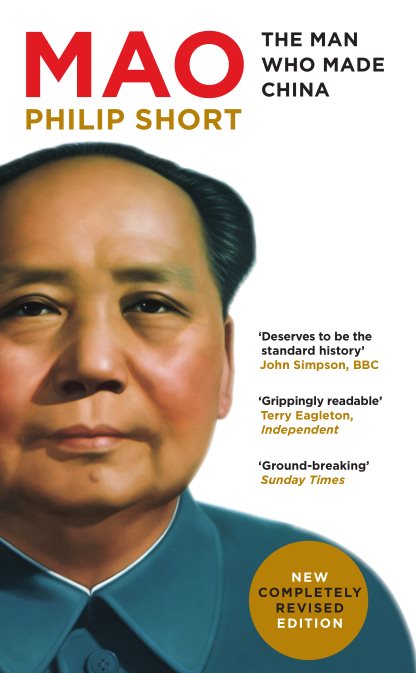 1 / 5
1 / 5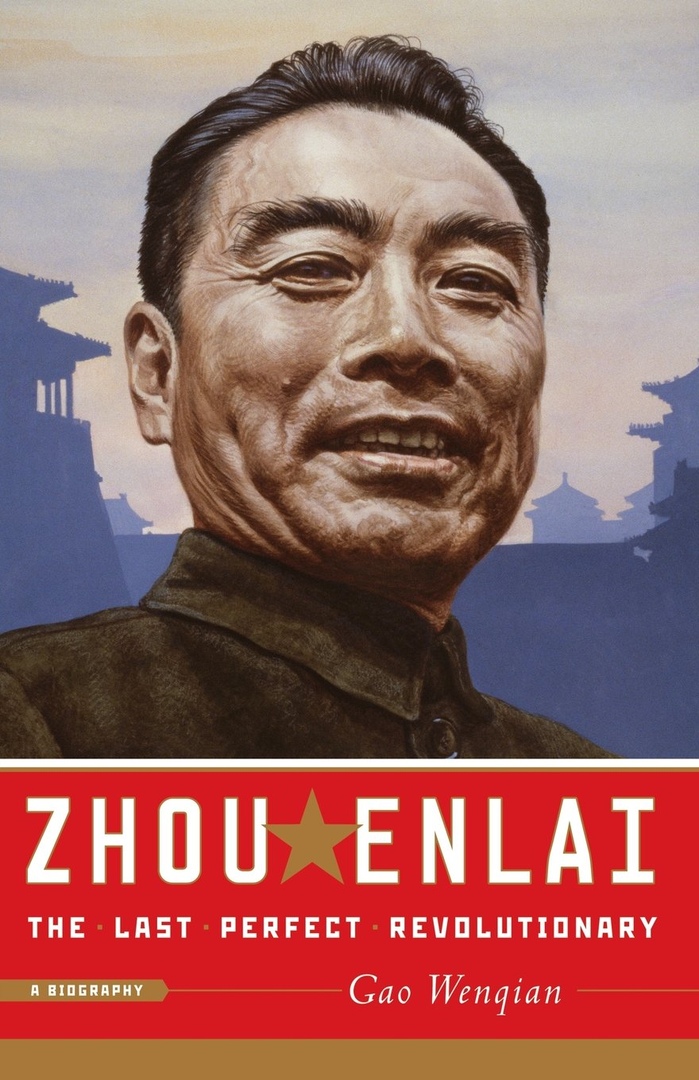 2 / 5
2 / 5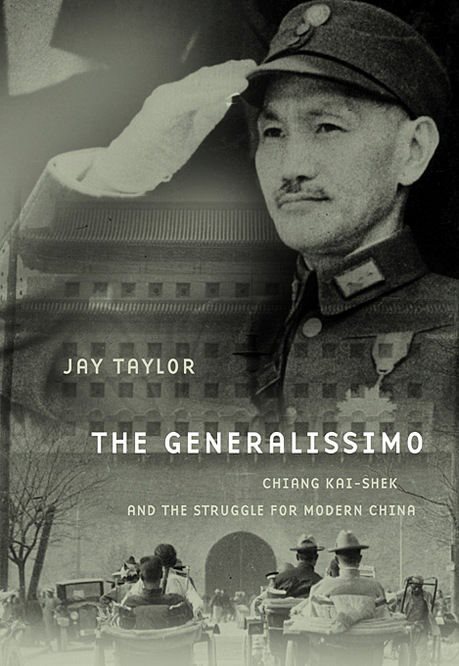 3 / 5
3 / 5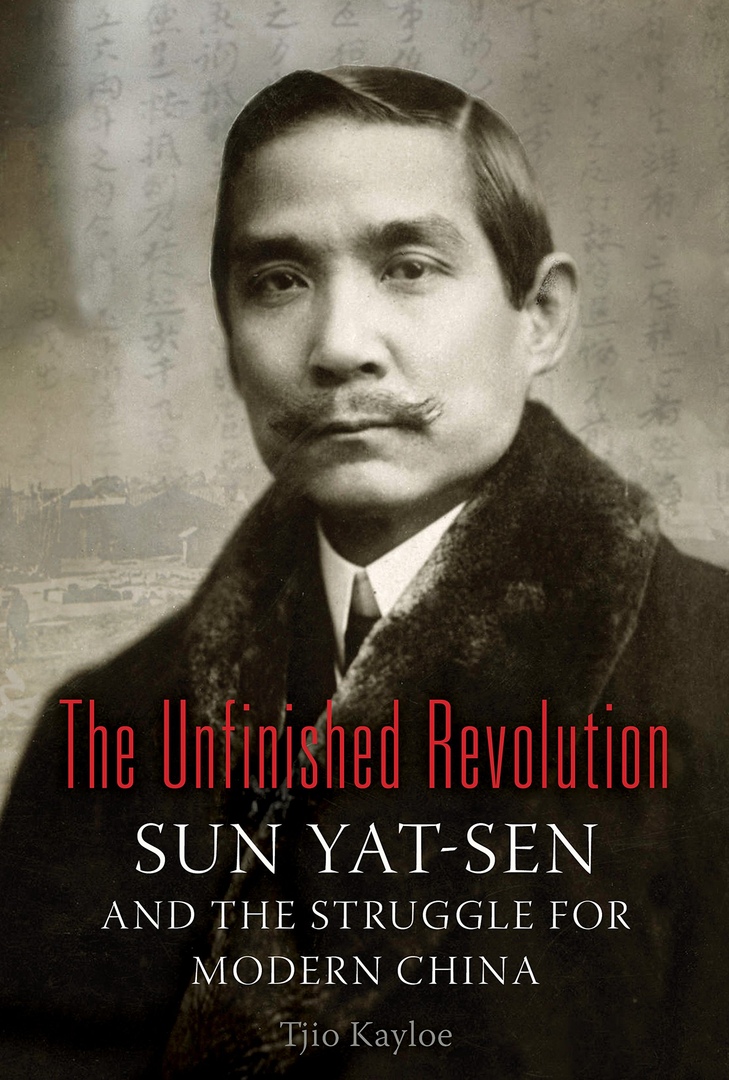 4 / 5
4 / 5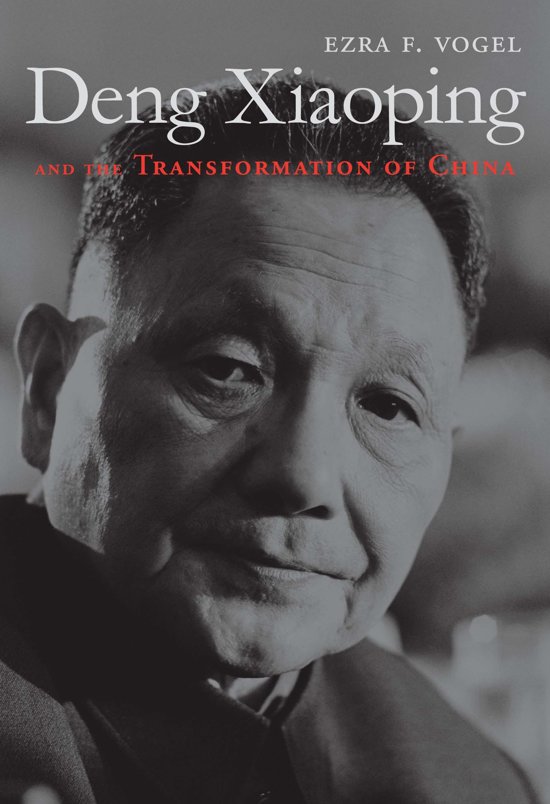 5 / 5
5 / 5
